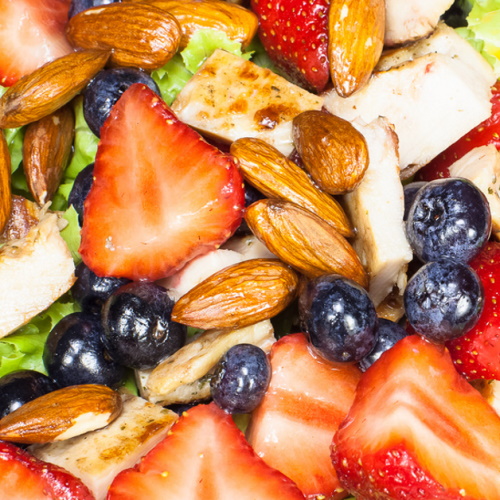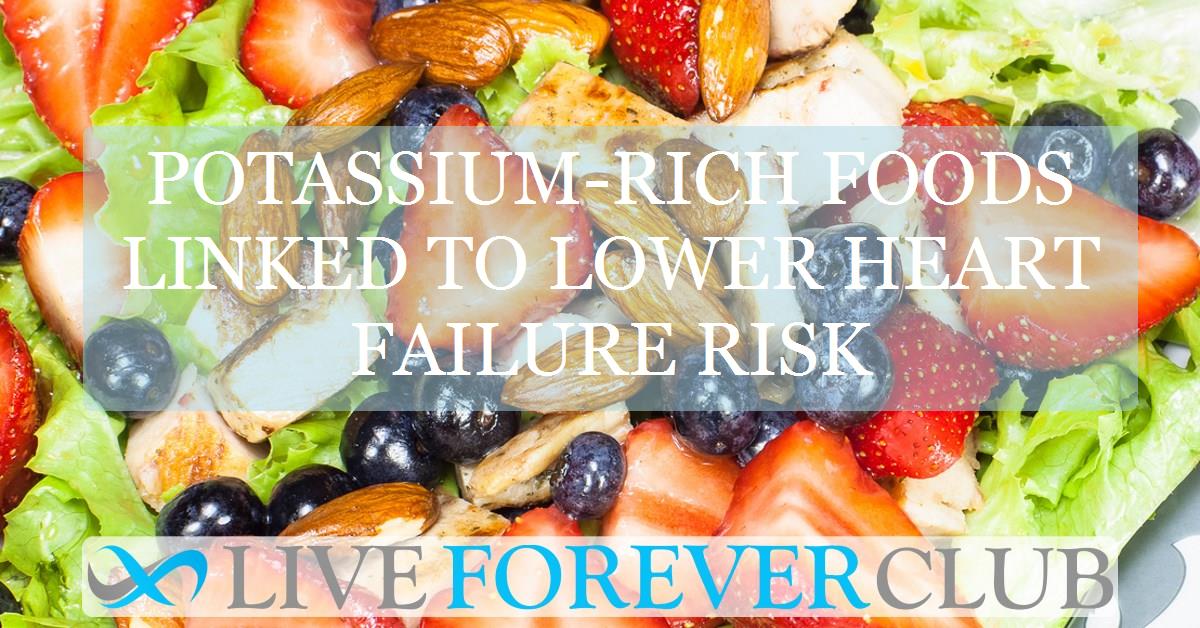Key points from article :
A new study suggests that eating potassium-rich foods such as bananas, avocados, spinach, and beans could reduce the risk of heart problems, hospitalisation, or death by as much as 24%. The findings were presented at the European Society of Cardiology congress in Madrid, the world’s largest heart conference. The research was led by Prof Henning Bundgaard from Copenhagen University Hospital and focused on whether raising potassium levels through diet could benefit people with heart disease.
The trial involved 1,200 Danish heart patients fitted with implantable cardioverter defibrillators (ICDs). Half were given dietary guidance to increase their potassium intake through fruits and vegetables like beetroots, cabbage, and leafy greens, while limiting foods high in both potassium and sodium, such as processed meats. The results showed that higher potassium levels were linked to significantly fewer heart-related complications and deaths.
Potassium helps the body flush out excess sodium, which is a known risk factor for cardiovascular disease. Experts noted that while cutting salt is widely recognised as important for heart health, boosting potassium intake is almost equally critical. Surveys show that many people across Europe, including a third of UK teenagers and a quarter of adults, do not get enough potassium in their diets.
Doctors emphasise that the safest way to increase potassium is through food rather than supplements, as too much potassium can be harmful and even trigger cardiac arrest. The message from the study is clear: incorporating more potassium-rich fruits, vegetables, fish, nuts, and pulses into daily meals could offer a simple and effective way for many people to strengthen heart health and reduce disease risk.







